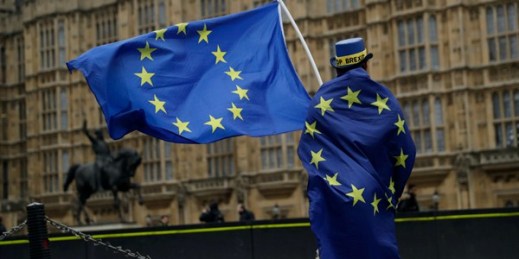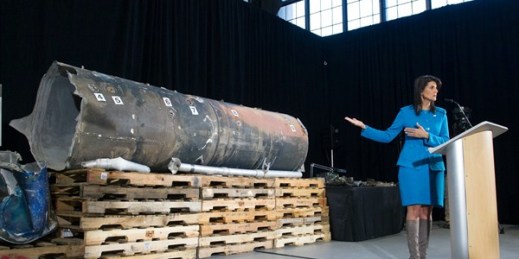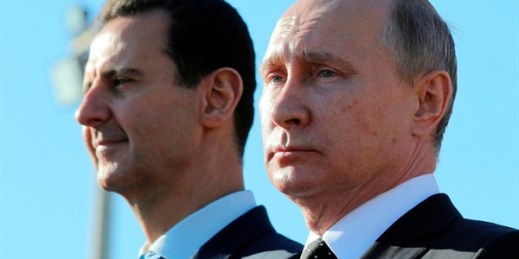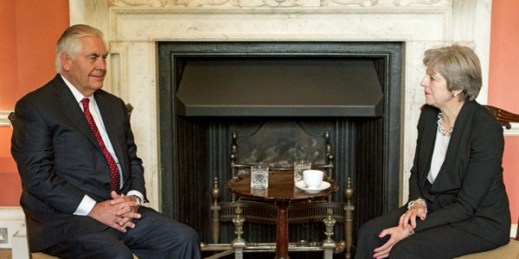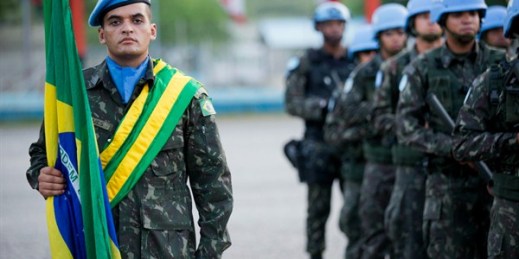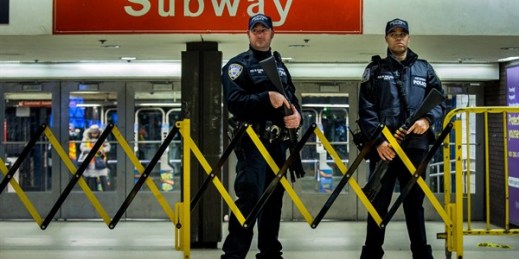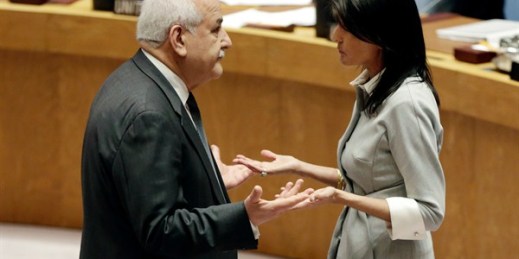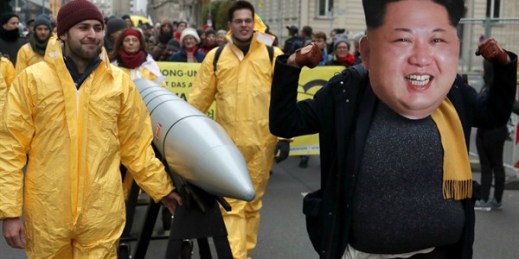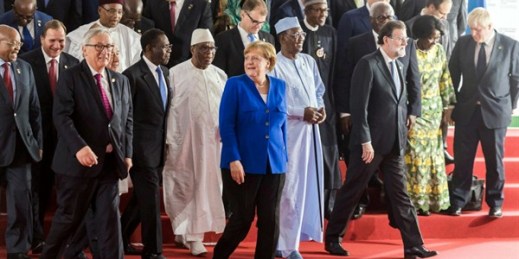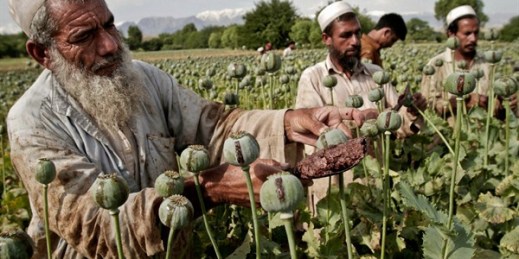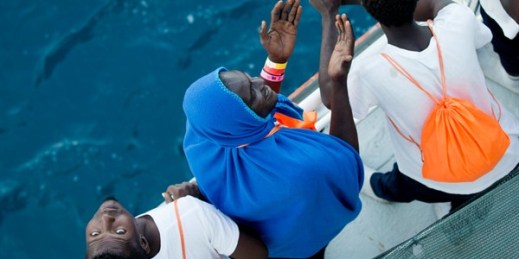
2016’s turmoil and unpredictability carried over into 2017—a year marked by a continued backlash against refugees and migrants in Europe, deeper fault lines in the Middle East between regional rivals, and hardening nationalist attitudes from the United States to China. Here at World Politics Review, we looked for the trend lines behind the headlines, and we hope our 10 most-read articles of 2017 reflect that kind of coverage, as well as the diverse interests of our readers. The list below is based on unique page views. Where will we find the stories of 2018? 1. Why Once-Welcoming Countries in Scandinavia […]

